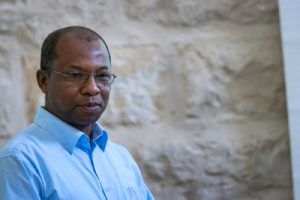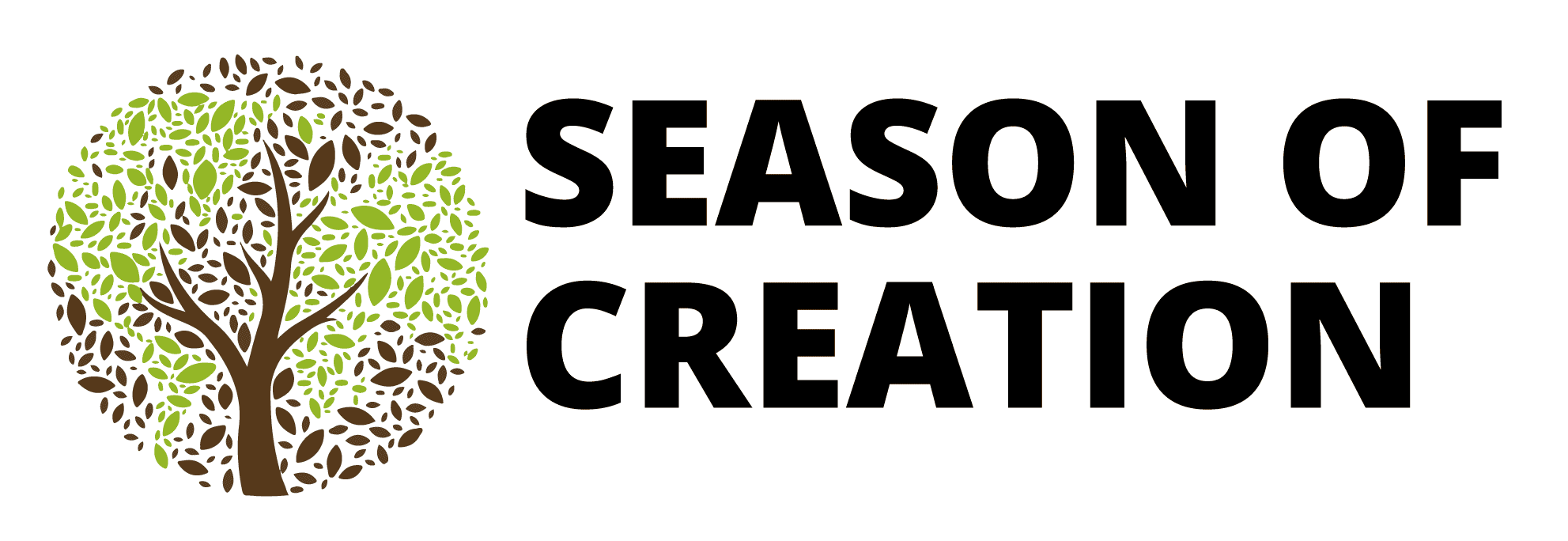
Photo: Albin Hillert/WCC, 2016.
Dr Louk Andrianos is a World Council of Churches consultant on Care for Creation, Sustainability and Climate Justice. He shares his reflections on the Season of Creation, observed annually from 1 September to 4 October.
Can you reflect on the element of confession in this year’s Season of Creation?
Dr Andrianos: The 2020 celebration guide and the new website of the Season of Creation have many inspiring elements. Specifically, I find most inspiring the confession part of the ecumenical prayer service in the celebration guide, which is based on Leviticus 25:1-25.
Since the beginning, God’s wisdom gave us the Sabbath to let people and the earth rest every seventh day or every 49 years.
We have not allowed the land to observe a Sabbath, and the earth is struggling to renew. Nowadays, our living pushes the planet beyond its limits and this has led human beings to a lifestyle that is far from peaceful. We should confess our demand that the Earth produce beyond its limits and our bondage to desire more.
Why is unified participation stronger?
Dr Andrianos: Together, we can follow the gospel of repentance and read the signs of the time—we can collectively experience an eschatological wake-up! We are living in an era of anthropocene greed which is led by a spirit of endless consumerism and exploitation of creation.
The COVID-19 pandemic, climate crisis, deforestation, ocean acidification, air pollution, land erosion, biodiversity extinction, child starvation, inequality, rise of racism, wars and the refugee crisis are all examples of compelling eschatological signs for the global fellowship to join and confess our broken relationship with God.
Our common will to confess our ecological sins and to pray together for the healing of the Earth from 1 September to 4 October could inspire the global fellowship about the necessity for unity all year in following God’s commandment: “love one another” (John 13:34).
What kind of reflections went into preparing the theme, “Jubilee for the Earth”?
Dr Andrianos: In thinking about “Jubilee for the Earth,” we reflected on:
– The scientific interdependency between all webs of life, especially between human behavior and the overall sustainability of the rest of creation. The possible relationships between the COVID-19 pandemic and other acute ecological crises such as climate change were also on the table.
– The statistical status of the three pillars of Earth sustainability: social or human spirituality (faith in mighty God versus a cult of consumerism); economic or human activities (an extractive versus a circular economy); and ecological or creation integrity, related to the Earth’s capacity for production and regeneration, and climate stability.
– The theological causes of increasing ecological destruction and socio-economic unrest worldwide. At the heart of this year’s Season of Creation is the broken relationship with God and with the rest of creation as our neighbor. This broken relationship with God is shown in the disobedience of God’s basic commandment: “respect the Sabbath to honor God and to give rest to all creation” (including human beings). The world economy is running 365 days a year and the Earth is producing beyond its limit (or the “greed line”). Human beings are suffering from unlimited greed for growth and a frantic search for satisfaction. Many faces of racism—including socio-economic and ecological racism—are omnipresent because of the predominant economic system.
– The Lord’s Prayer (Mathew 6:9-13) and God’s commandment on Sabbath in (Leviticus 25: 1-25) led me personally to support the theme of “Jubilee for the Earth,” as we really need to live according to the words of God if we want to enjoy the fullness of life. Jesus Christ has come to give abundant life to all creation (John 10:10). We need ecological conversion which signifies a return to a simpler eucharistic life with fullness of joy and gratefulness of spirit, mind and body under God’s grace.
